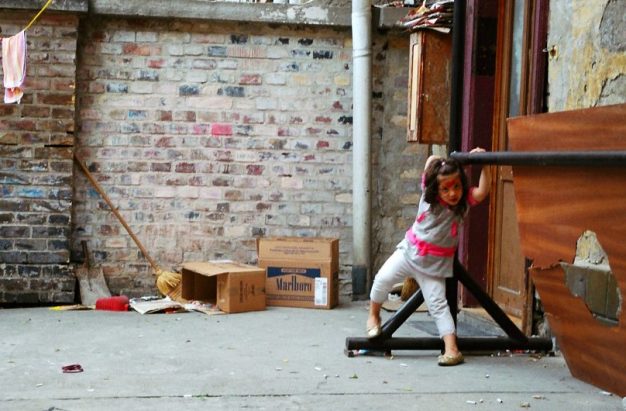
Shelter: Benefit cap court decision will put more children in poverty
The Court of Appeal’s decision to maintain the benefit cap on single parents with very young children will put even more UK families under the poverty line, says national homeless charity Shelter.
It comes after the Government won a challenge against a ruling last year by the High Court that the cap unlawfully discriminated against lone parents with children under two. Judges at Court of Appeal have now overturned that decision, and ruled in favour of the Department for Work and Pensions (DWP).
Polly Neate, Chief Executive of Shelter, which supports people who are either homeless or facing the threat of being made homeless, said: “The High Court initially ruled that the blanket application of the benefit cap to single parents with very young children is flawed and discriminatory – so we are hugely disappointed that an appeal by the DWP has been upheld, meaning the cap will remain.
Necessities
“In reality, this cap hauls many single-parent-families below the poverty line so they can’t even give their children basic necessities like food and clothes, let alone pay for extras like school trips and birthday presents. It is a cruel, unnecessary, and ineffective way of achieving what the government claims is its aim of getting people into work.”
The decision has also been condemned by the Child Poverty Action Group (CPAG), which campaigns for better policy decisions to end child poverty. Carla Clarke, a solicitor with CPAG, said the judgement was ‘extremely disappointing for lone parents with children aged under two who have a heightened risk of being capped’.
“There is an absurdity about a Government policy which on the one hand recognises that lone parents of young children should not be expected to work but on the other punishes them and their children with the cap if they don’t have a paid job,” she said.
Lawfulness
“Over 70 per cent of capped families are headed by a lone parent, the large majority of whom are women. Our own upcoming High Court case on behalf of two lone mothers and their families takes a wider approach than today’s case, challenging the lawfulness of the cap as it applies to lone parents irrespective of the age of their youngest child.”
Polly Neate added: “Whilst we are deeply unhappy with (the) outcome, we won’t give up – and this isn’t the end of our fight, as the cap has a devastating impact on children and families. We are now looking ahead to support a further legal challenge to the crippling benefit cap, which will be heard in the High Court later this month.”
It comes as the DWP publishes new figures claiming that one million people have been lifted out of ‘absolute poverty’ – generally defined as being unable to afford basic necessities – since 2010. The DWP says children are five times more likely to live in poverty if they live in a household where nobody works, compared to one where all adults work, and that there are 600,000 fewer children living in a workless household since 2010.
Poorest
The average household, it claims, now takes home a record 494 Pounds a week, and compared to 2007/2008 the poorest fifth of households are seeing an extra 1,000 Pounds after inflation added to their annual income.
Kit Malthouse, Minister for Family Support, said: “We know there is more to do to ensure that every child gets the very best chances in life. Our welfare reforms offer parents tailored support to move into work, ensuring that even more families can enjoy the opportunities and benefits that work can bring.”


